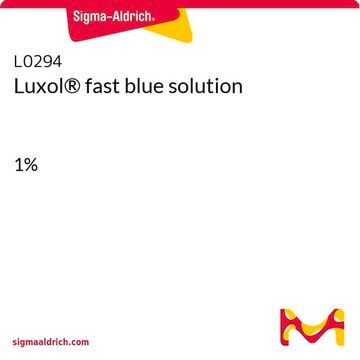431559
Lithium carbonate
99.99% trace metals basis
Synonym(s):
Carbolithium, Carbonic acid lithium salt
About This Item
Recommended Products
grade
ACS reagent
Quality Level
Assay
99.99% trace metals basis
form
powder
greener alternative product characteristics
Design for Energy Efficiency
Learn more about the Principles of Green Chemistry.
sustainability
Greener Alternative Product
impurities
≤0.01% insol. dil. HCl
≤0.2% S compounds
<100 ppm total metallic impurities
mp
618 °C (lit.)
density
2.11 g/mL at 25 °C
anion traces
chloride (Cl-): ≤0.005%
nitrate (NO3-): ≤5 ppm
cation traces
Ca: ≤0.01%
Fe: ≤0.002%
K: ≤0.01%
Na: ≤0.1%
heavy metals: ≤0.002%
SMILES string
[Li+].[Li+].[O-]C([O-])=O
InChI
1S/CH2O3.2Li/c2-1(3)4;;/h(H2,2,3,4);;/q;2*+1/p-2
InChI key
XGZVUEUWXADBQD-UHFFFAOYSA-L
Gene Information
human ... GSK3A(2931) , GSK3B(2932) , IMPA1(3612)
Looking for similar products? Visit Product Comparison Guide
General description
Application
Features and Benefits
(2) Consistent Performance: Ultra-high purity guarantees consistent performance across various applications, reducing variability and enhancing reliability.
(3) High Purity Standard: Ideal as a standard or reagent for trace metal analysis and high-precision analytical techniques, ensuring accurate and reliable results.
(4) Lower conetent of anions such (Chloride and Nitrate)
Signal Word
Warning
Hazard Statements
Precautionary Statements
Hazard Classifications
Acute Tox. 4 Oral - Eye Irrit. 2
Storage Class Code
13 - Non Combustible Solids
WGK
WGK 1
Flash Point(F)
Not applicable
Flash Point(C)
Not applicable
Personal Protective Equipment
Choose from one of the most recent versions:
Already Own This Product?
Find documentation for the products that you have recently purchased in the Document Library.
Customers Also Viewed
Our team of scientists has experience in all areas of research including Life Science, Material Science, Chemical Synthesis, Chromatography, Analytical and many others.
Contact Technical Service










